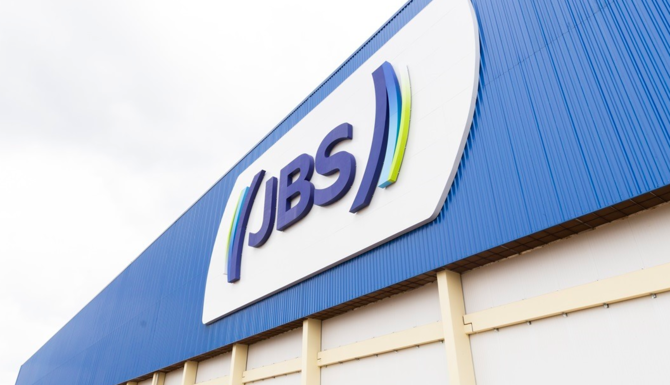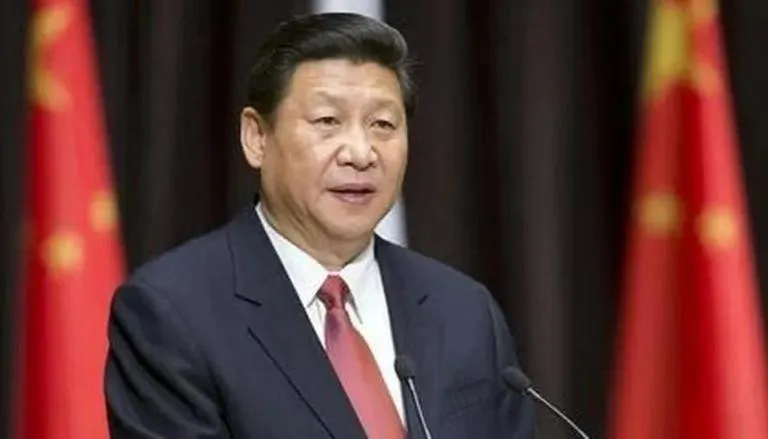As the first partner state of the East African Community (EAC), Rwanda has indicated interest in joining Kenya’s Economic Partnership Agreement (EPA) with the European Union (EU), according to a top official.
Rwanda has indicated its intention to join the agreement, according to a statement made on Tuesday by Ambassador Henriette Geiger, the head of the EU representation in Kenya.
With the EPA going into force last month, Kenyan products can now enter the EU’s 27 member states duty-free.
“It seems that Rwanda is now ready to join (the EPA). They have signalled their interest but we haven’t started negotiating it,” said Ms Geiger.
“The EPA was supposed to be an agreement of the EU with the entire East African Community. We will have to see whether others will join,” she said.
Speaking in Nairobi, Ms Geiger was paying Cabinet Secretary for Investments, Trade, and Industrialisation Salim Mvurya a courtesy call.
The only member of the EAC without duty-free or quota-free access to the EU is Kenya. As the other EAC nations are classified as least-developed nations, they have been granted duty-free access to the important economic union.
The EAC permitted Kenya to negotiate a bilateral deal with the EU, with the possibility of later membership by the other nations.
Several stakeholders expressed concern that the Kenya-EU EPA might harm certain industries by allowing the import of low-cost, EU-subsidized goods.
These worries have been relieved by Mr Mvurya, who says that agricultural items from the EU are on the list of goods from the bloc that won’t be able to enter the Kenyan market duty-free.
“The sensitive list of products which includes agricultural products is part of the exclusion,” he said.
Europe is the third-largest market for Kenyan commodities, after only Asia (25.8%) and Africa (43.2%). Fresh beans and peas, tea, coffee, flowers, and other agricultural products are the nation’s top exports to Europe.
Kenya will reduce tariffs on EU goods under the terms of the EPA beginning in 2031, the seventh year of the agreement’s implementation. Gradually, these limitations will be lifted until the EPA’s 25th anniversary.
“Both the business and investor communities must be fully informed about the stakes involved – not only for the private sector but also for public and government agencies,” said Mr Mvurya.
Kenya and the UK have an EPA that went into effect in March 2021. Kenya’s goods can continue to enter the UK market duty-free and quota-free after it leaves the EU thanks to the Kenya-UK EPA.


 Metro1 day ago
Metro1 day ago
 Politics1 day ago
Politics1 day ago
 Metro1 day ago
Metro1 day ago
 Sports1 day ago
Sports1 day ago



























